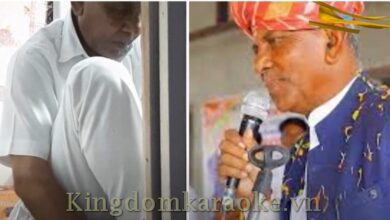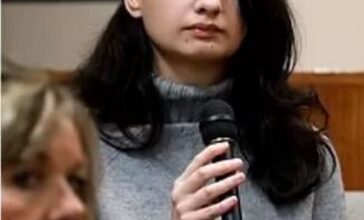James Somerton 34-Minute Apology Video: Plagiarism Saga
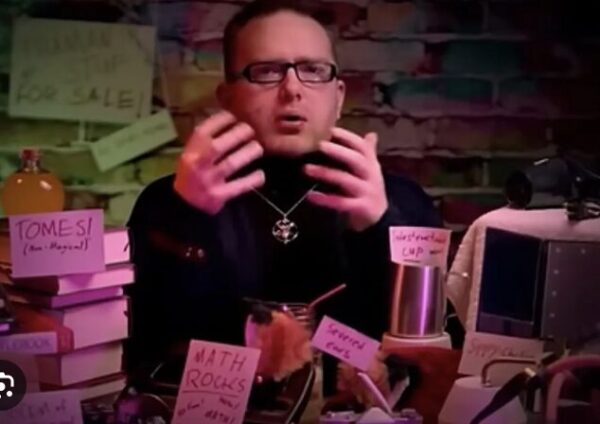
In the eye of a storm within the YouTube community, the James Somerton apology video emerged as a focal point of controversy. Published on December 20, this 34-minute video addressed serious allegations of plagiarism brought forward by Hbomberguy, unraveling a narrative that would rock the foundations of Somerton’s online presence. As the video garnered attention, so did the subsequent removal, prompting discussions surrounding its content, sincerity, and the creator’s mental health. This article on Kingdomkaraoke.vn sets the stage for an exploration into the intricacies of the apology video and its repercussions, delving into the broader implications for content creators in the digital age.
I. James Somerton 34-Minute Apology Video:
1. Overview of James Somerton Apology Video and Removal:
James Somerton’s apology video, posted on December 20, aimed to address plagiarism allegations leveled against him by Hbomberguy. Lasting 34 minutes, the video began with a revelation about Somerton’s recent hospitalization and a suicide attempt. Despite offering an apology for insufficiently crediting sources and pledging to rectify his approach, Somerton deleted the video shortly after its release. This removal triggered a wave of responses and discussions within the online community, intensifying the scrutiny on Somerton’s actions and the sincerity of his apology.
2. Criticisms and Reactions from Online Communities:
The apology faced video notable criticisms and reactions from various online communities. Viewers pointed out perceived concerns, including Somerton’s focus on his hospitalization, which some considered as deflecting from the plagiarism accusations. Additionally, there was criticism regarding the lack of explicit acknowledgment of plagiarism in the apology. The video’s removal further fueled skepticism, with viewers questioning the authenticity of Somerton’s remorse and the timing of its deletion. These responses reflect a broader discourse on accountability and transparency within the YouTube community, emphasizing the impact of creators’ actions on their online reputation.
II. Somerton’s Attempted Suicide Revelation:
1. Sensitive Revelation Regarding Mental Health and Hospitalization:
In a poignant revelation within James Somerton apology video, he disclosed a recent hospitalization and a suicide attempt. This deeply personal revelation unfolded at the beginning of the 34-minute video, shedding light on the significant challenges Somerton was facing beyond the plagiarism allegations. The disclosure added a layer of complexity to the narrative, inviting empathy from some viewers while generating skepticism among others about the timing and its connection to the plagiarism controversy.
2. Implications of Mental State on Timing and Content of the Apology:
Somerton’s mental health revelation raised questions about the timing and content of his apology. Viewers pondered whether the disclosure was strategically placed to garner sympathy or deflect from the plagiarism accusations. The delicate nature of the revelation also prompted discussions about the appropriateness of addressing mental health within the context of addressing allegations. The interplay between Somerton’s mental state and the apology’s substance became a focal point of debate, highlighting the intricate dynamics between personal struggles and public accountability in the online sphere.
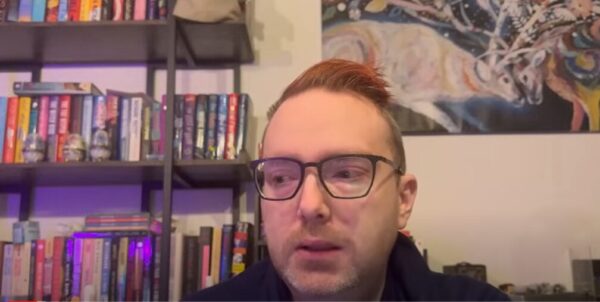
III. Deactivation of Patreon and Community Response:
James Somerton’s response to the plagiarism accusations extended beyond the digital realm, significantly impacting his financial support and eliciting varied reactions from the online community.
1. Deactivation of Patreon:
Following the controversy, Somerton made the consequential decision to deactivate his Patreon account. This move, marked by financial implications, signaled a tangible consequence of the allegations on his creator livelihood. The deactivation raised questions about the sustainability of Somerton’s online presence and underscored the real-world repercussions creators may face when embroiled in such controversies.
2. Community Response:
The deactivation of Somerton’s Patreon, coupled with the ongoing discussions surrounding the James Somerton apology video, sparked immediate reactions within the online community. Viewers and fellow creators weighed in on the decision, expressing diverse opinions on the appropriateness of such a response. Some defended Somerton, citing potential financial strain and mental health concerns, while others viewed it as a necessary step in holding creators accountable for their actions. This divergence in community response highlighted the nuanced perspectives surrounding the intersection of personal struggles, accountability, and the financial aspects of a creator’s online presence. The incident prompted broader discussions on the role of financial platforms in enforcing accountability measures for content creators.
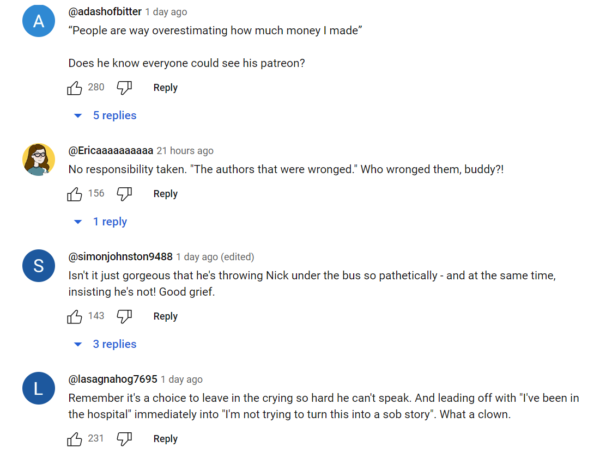
IV. James Somerton apology video: YouTube and Patreon Policies:
The controversy surrounding James Somerton’s plagiarism accusations brought attention to the policies of key platforms, YouTube and Patreon, shedding light on their roles in handling such situations.
1. YouTube Policies:
YouTube, as a Google-owned platform, operates under a set of copyright and fair use policies. These policies empower copyright holders to register complaints within YouTube’s system. However, the platform’s response to plagiarism allegations remains a subject of discussion. The “James Somerton apology video” and its subsequent removal raise questions about the effectiveness of YouTube’s policies in addressing content disputes and enforcing accountability among creators. As of now, a spokesperson for YouTube has not provided immediate comments on the matter.
2. Patreon Policies:
Patreon, a platform where creators receive financial support from patrons, has its own set of policies. In the context of the James Somerton controversy, it’s notable that Patreon does not have plagiarism-specific guidelines. Instead, the platform relies on the Digital Millennium Copyright Act (DMCA) for handling intellectual property issues. This approach places the onus on the creator, requiring them to file a notice of claimed infringement. The incident prompts reflection on the efficacy of Patreon’s policies in addressing complex situations like plagiarism accusations and the subsequent deactivation of a creator’s account.
V. Conclusion
The James Somerton plagiarism controversy has brought to light the intricate challenges content creators face in maintaining accountability and navigating platform policies. The 34-minute James Somerton apology video, marked by revelations of attempted suicide, sparked discussions about the interplay between personal struggles and public scrutiny. Somerton’s decision to deactivate his Patreon account highlights the tangible consequences creators may encounter beyond digital repercussions.
As the online community reflects on the incident, questions arise about the effectiveness of current platform policies on YouTube and Patreon. The controversy serves as a catalyst for considering more robust measures to ensure transparency, accountability, and mental well-being in the ever-evolving landscape of digital content creation.






